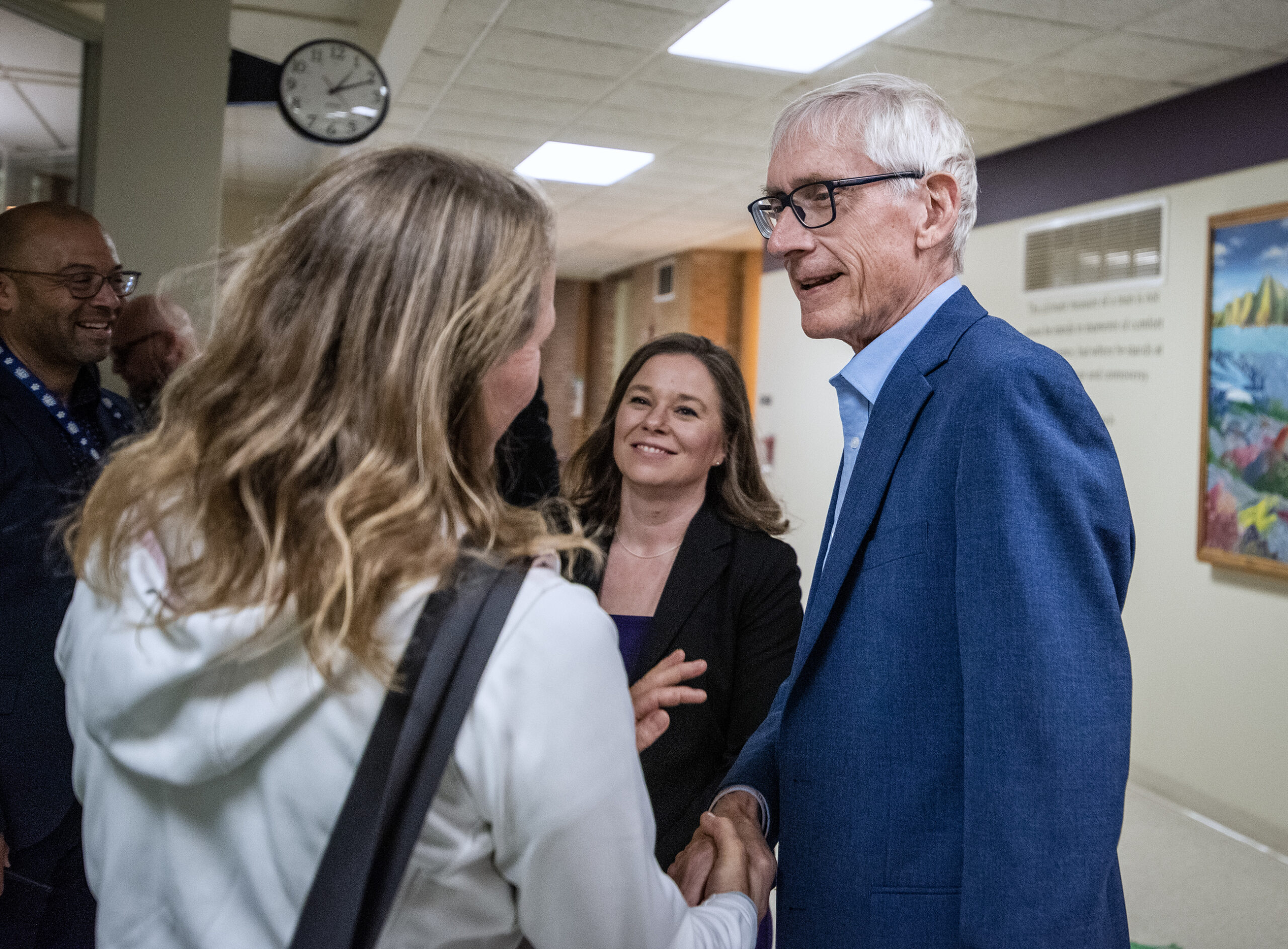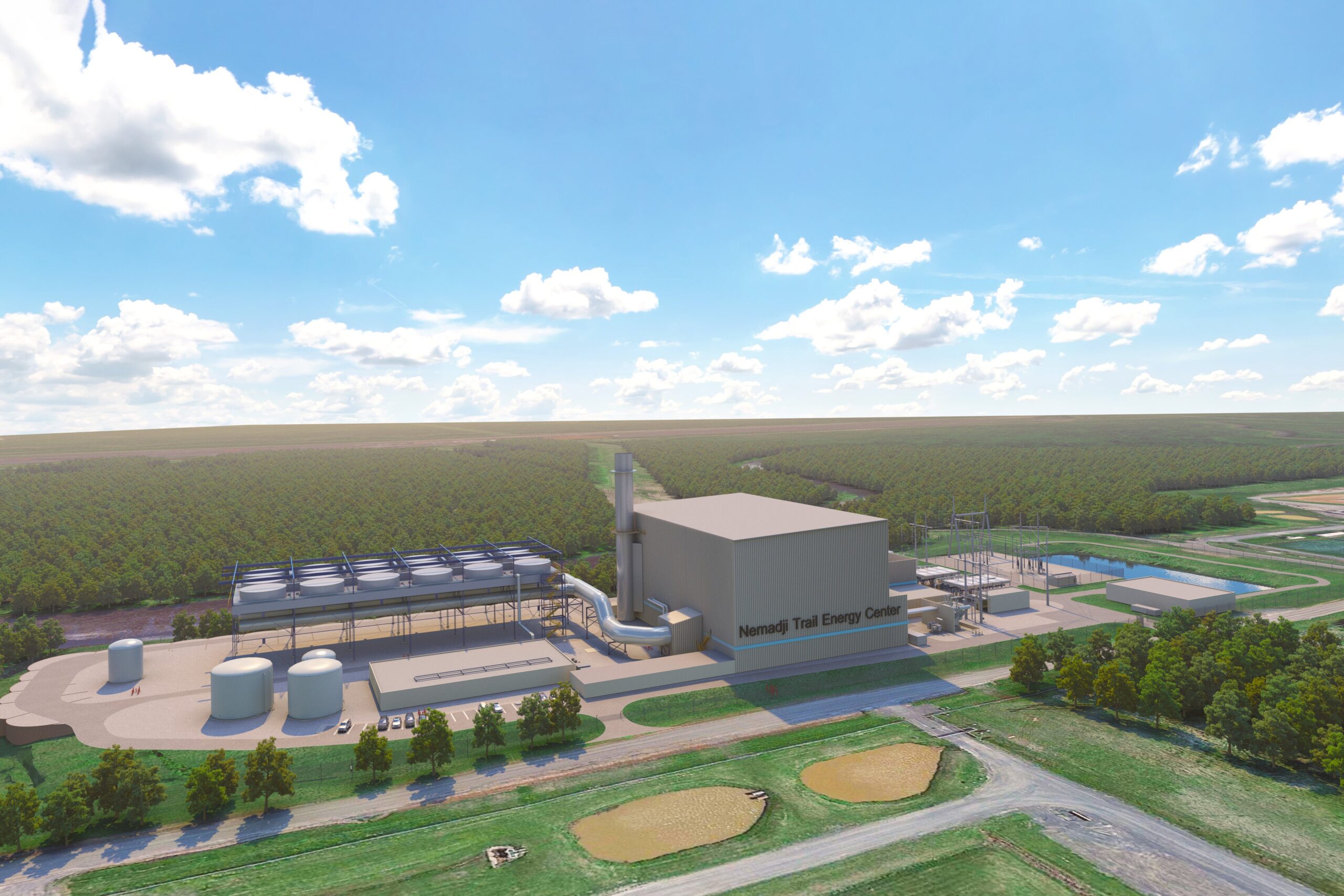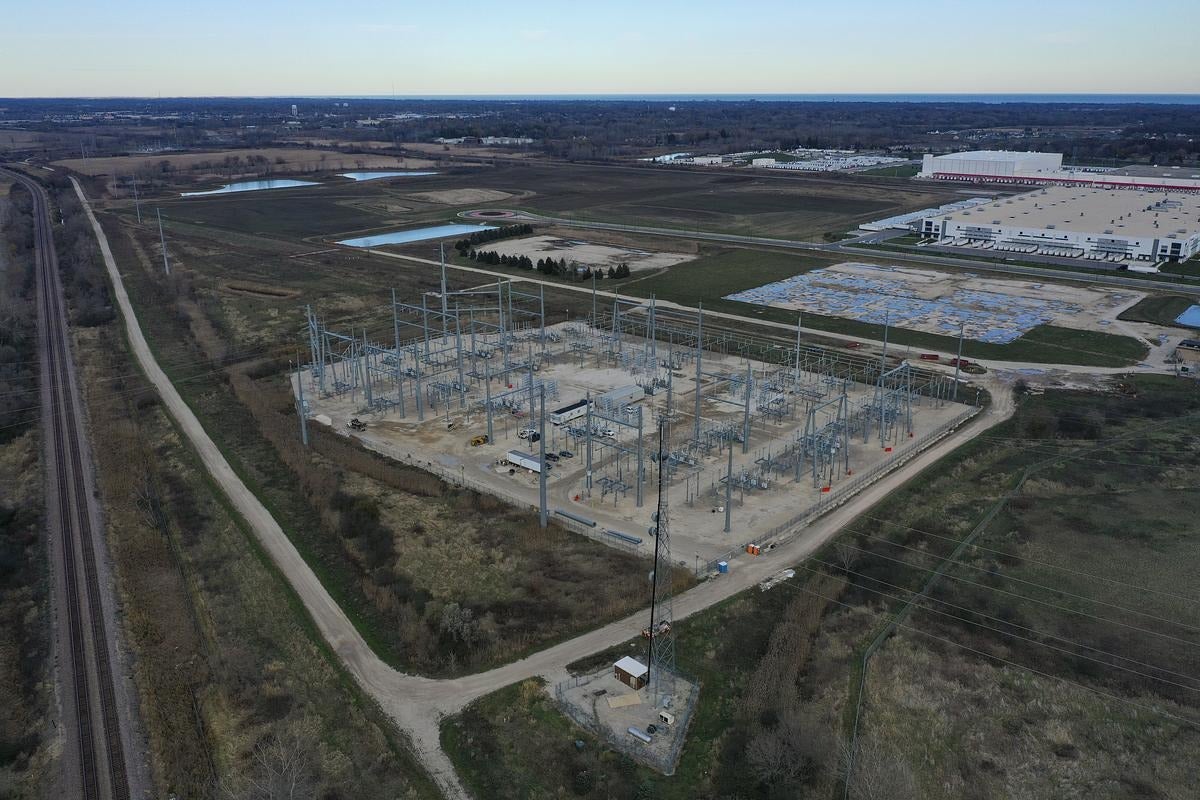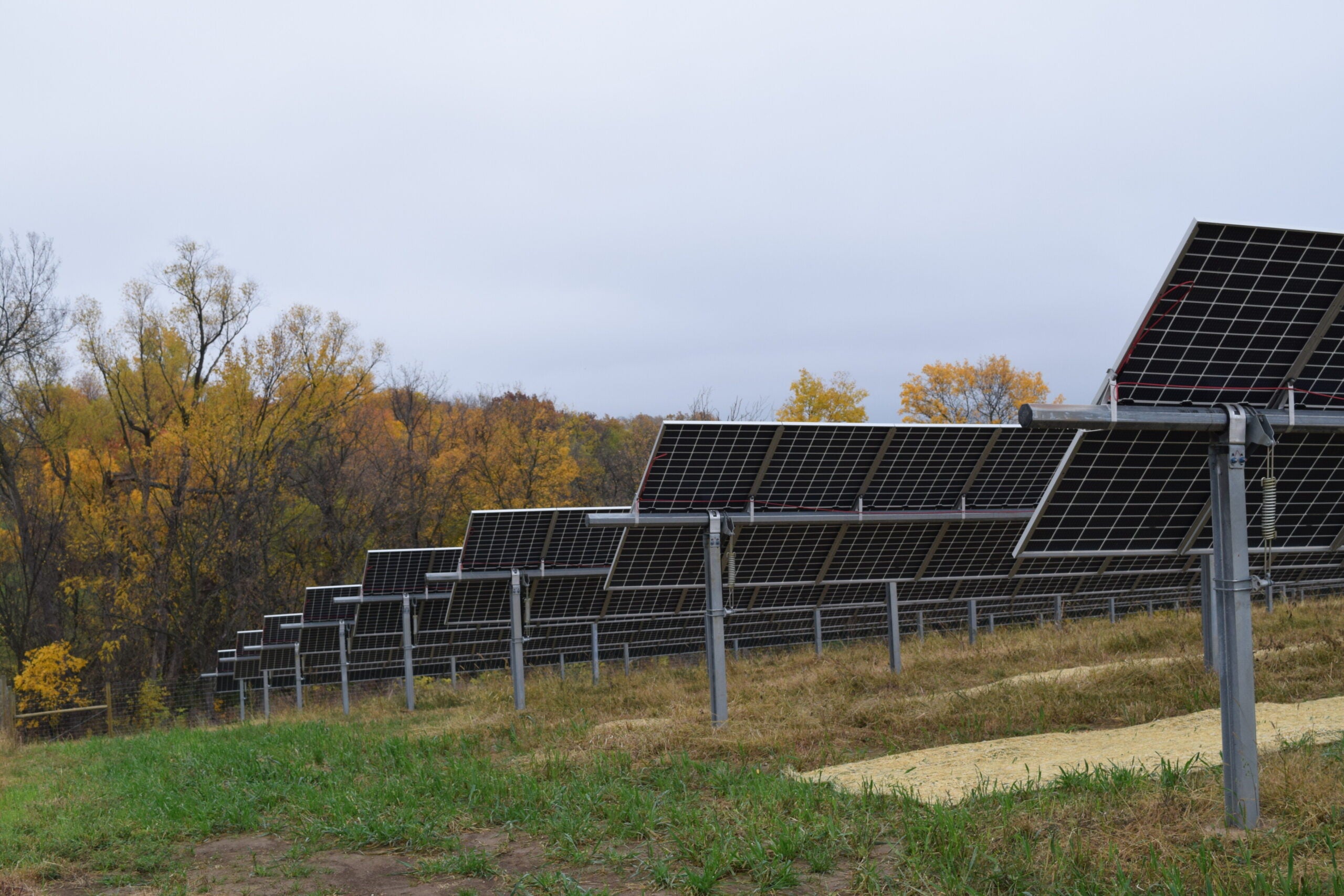Gov. Tony Evers vetoed several bills Friday that would have prevented Wisconsin communities from barring the use of vehicles or appliances powered by fossil fuels.
Two bills sought to prevent Wisconsin’s state and local governments from passing mandates that aim to shift away from vehicles or stoves that run on gas in favor of those powered by electricity. Another proposal sought to prevent communities from requiring specific sources of energy.
Republican lawmakers and supporters have said the proposals aimed to protect consumer choice. In his veto message, Evers said signing the bills would diminish the state’s ability to combat climate change by shifting to new technology.
News with a little more humanity
WPR’s “Wisconsin Today” newsletter keeps you connected to the state you love without feeling overwhelmed. No paywall. No agenda. No corporate filter.
“Further, I also object to the Legislature’s continued efforts to preempt local control and undermine trust in local governments across our state,” Evers wrote. “The state should be a partner in — not an obstacle to — addressing the unique challenges facing our local communities.”
Jennifer Giegerich, government affairs director with Wisconsin Conservation Voters, said the bills would have locked in the use of fossil fuels by local governments.
“That has a dramatic impact on public health. It also causes a lot of increased energy costs for consumers,” Giegerich said.
Republican lawmakers have said they wanted to stop Wisconsin from following at least seven states, including California, that plan to ban gas-powered vehicles. States like New York have also sought to ban natural gas stoves and furnaces.
Wisconsin hasn’t proposed any such ban. However, Evers’ clean energy plan does call for incentives to buy electric appliances and it supports expansion of the state’s electric vehicle infrastructure. Evers has also set a goal for the state to use carbon-free electricity by 2050.
Supporters of the legislation, like the state’s largest business lobby, say the bills would have ensured consumer access to affordable and reliable lawnmowers, snowblowers, cars and other products.
“Energy decisions should be dictated by energy consumers, not heavy-handed government mandates. Today’s vetoes are a step backward for Wisconsin businesses, families and every consumer seeking to use the most affordable and reliable energy products,” Craig Summerfield, environmental and energy policy director for Wisconsin Manufacturers and Commerce, said in a statement.
Summerfield said one proposal would have ensured consumers could continue to access natural gas, which is used by nearly two-thirds of Wisconsin households to heat their homes.
Around two dozen states have passed legislation to prevent local government bans on natural gas in buildings, according to E&E News.
Brendan Conway is a spokesperson for Milwaukee-based WEC Energy Group, which owns two of the state’s largest utilities. He said they’re disappointed with the governor’s veto.
“The bill would have prevented a patchwork of rules and regulations,” Conway said in a statement. “It also would have ensured customers could make their own energy choices whether they want to put solar panels on their roofs or use a gas stove to make dinner.”
Erik Kanter, government relations director for Clean Wisconsin, said the proposal was developed to ward off natural gas bans like one passed by Berkley, California, in 2019. A federal appeals court overturned that ban in April.
“We think that municipalities have the ability to do this, should have the ability to do this,” Kanter said. “Frankly, if the citizens living in the municipality don’t like the actions of their local city council and restricting that sort of energy, they certainly have elections. They can change the makeup of their boards and achieve a different end if they so choose.”
Earlier this year, Evers touted the launch of the Clean Economy Coalition of Wisconsin in March. The group supports policies to decarbonize the power sector by 2050 and new buildings by 2030. The coalition also seeks to phase out the use of natural gas in existing homes and businesses, and it supports President Joe Biden’s goal to make half of all new car sales be electric vehicles by 2030.
The Democratic governor also proposed spending millions to invest in Wisconsin’s clean energy economy under the two-year state budget, including a clean energy job training program. That was among more than 500 items stripped by Republican lawmakers.
Wisconsin Public Radio, © Copyright 2025, Board of Regents of the University of Wisconsin System and Wisconsin Educational Communications Board.







